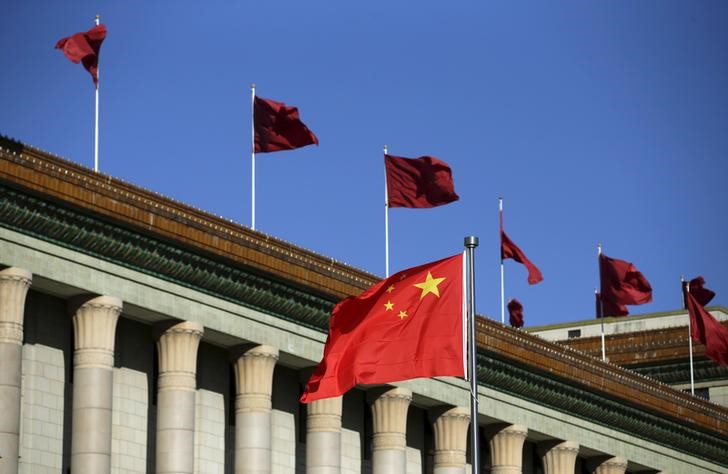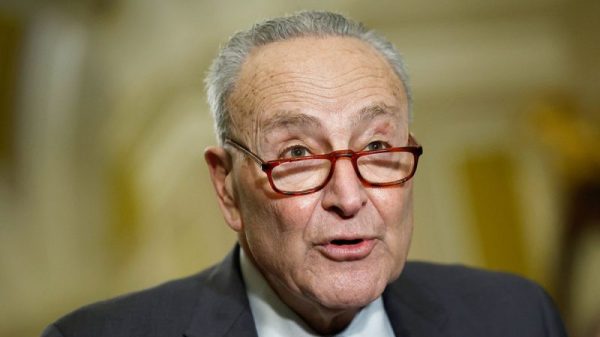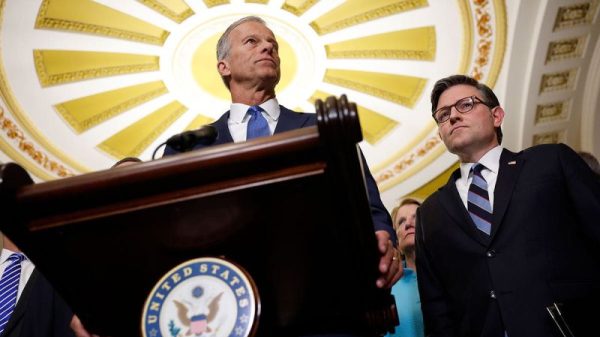
Investing.com– China’s recent batch of economic support largely disappointed investors holding out for a stimulus “bazooka,â€� with Morgan Stanley stating that Beijing had limited scope to roll out fiscal measures.
MS analysts wrote in a recent note that China’s biggest economic hurdle remained the debt-deflation loop, and that the government needed to enact more solid measures aimed at boosting consumption.
“The need of the hour is a package of Rmb10 trillion ($1.42 trillion) geared towards supporting consumption and clearing the property inventory,� MS analysts wrote.
But MS argued that policymakers were hesitant to enact “forceful fiscal easing,� with the main point of contention being high public debt levels and declining fiscal revenues.
MS said Beijing also still held the view that boosting investment was still better than consumption- a trend that was likely to add to excess manufacturing capacity and further deflation.
China was also likely to see diminishing returns on more investment.
Beijing announced a slew of stimulus measures in late-September, including lower interest rates, looser property restrictions and more liquidity support for stocks. The government also reiterated its commitment to achieving its 5% annual gross domestic product target, after second-quarter growth missed expectations.
But the measures largely underwhelmed investors clamoring for more targeted, fiscal support.
To this end, China’s finance ministry said it will hold a briefing this weekend to outline fiscal stimulus measures.
MS said that any fiscal measures in the near-term were likely to provide limited support, and an ideal scenario would be policymakers targeting GDP growth of 4% to 4.5%, while shifting focus towards reviving consumption and supporting the property market.
MS said at its current approach, Chinese deflationary pressures would likely increase, as would debt relative to GDP. Such a scenario presented worse returns on investment and would also hurt corporate profits.

































